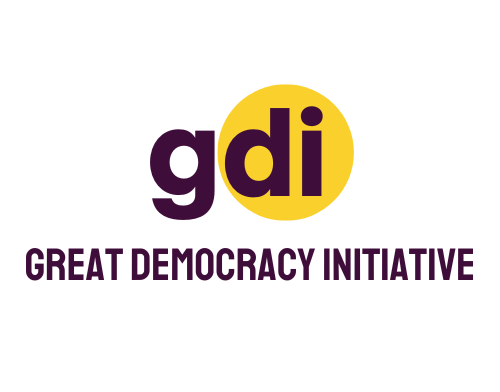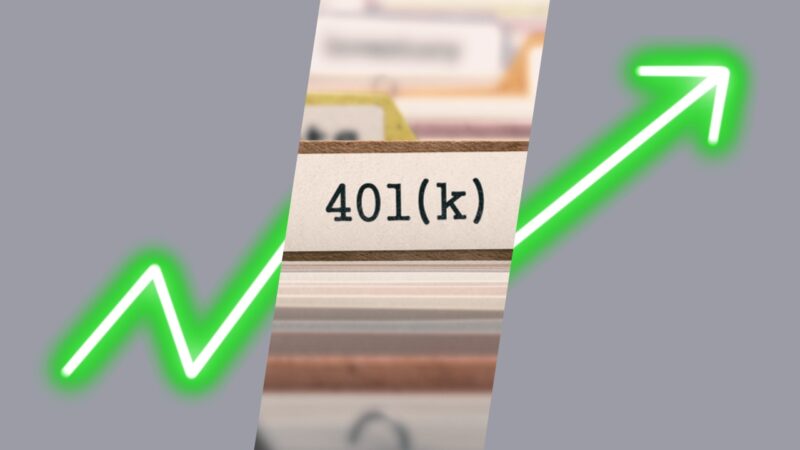Thinking about dipping into your 401(k) for a loan? It’s super important to get a grip on the interest rates involved.
Good news: 401(k) loans usually come with lower interest rates than personal loans or credit cards.
Plus, the interest you pay?
It goes right back into your retirement account, which can help boost your savings over time.
This perk, along with how easy it is to get the loan, makes it a tempting choice if you need cash quickly.
But, hold on a second. You’ve got to consider the flipside, too. Borrowing from your 401(k) can slow down your retirement savings growth and comes with some rules you’ll need to follow.
One key thing to know is how these loan interest rates work. They typically match the prime rate with a little extra added on, so you’re looking at single-digit interest rates.
Knowing all this helps you make a smarter choice. Stick around as we break down the top ten things you should know about 401(k) loan interest rates.
We’ll make sure you have all the info you need to handle your financial decisions like a pro.
1. Basics of 401k Loan Interest Rates
The interest rate on a 401k loan is usually set at the prime rate plus 1-2 percentage points. As of now, the prime rate is approximately 8.5%, which means your loan interest rate could range between 9.5% and 10.5% as per SmartAsset. This interest is paid back into your own account, theoretically making it a lower-cost loan option compared to traditional loans.
Typical interest rates for 401k loans are single-digit, making them more affordable than credit cards and some personal loans according to NerdWallet.
Compared to Alternative Options
A 401k loan can be a preferred choice due to its lower interest rates and the fact that you pay interest to yourself. In contrast, credit card rates often exceed 20%, and personal loan rates can vary widely based on creditworthiness.
Although borrowing from your 401k can be beneficial, it comes with risks. For instance, if you leave your job, the loan might need to be repaid quickly.
When weighing a 401k loan against alternatives, consider factors like repayment flexibility, potential penalties, and impact on retirement savings. Always explore all options, such as personal loans, home equity loans, or borrowing from family, to find the most suitable financial solution.
2. The Pros and Cons of Taking a 401k Loan

Advantages
- Quick Access to Funds: One of the main pros of a 401k loan is the relatively simple and fast process to access funds. Unlike other loans, you don’t need a credit check, making it a viable option if you need cash quickly.
- Lower Interest Rates: 401k loans typically offer lower interest rates compared to credit cards and personal loans. The interest you pay goes back into your account, effectively repaying yourself rather than a financial institution.
- No Taxes or Penalties: As long as you repay the loan on time (usually within five years), you won’t incur any early withdrawal penalties or taxes, which can be significant for early access to 401k funds.
Downsides
- Reduced Retirement Savings: By taking a loan from your 401k, you reduce the amount of money growing for your retirement. This can have a long-term impact on your retirement savings, especially due to lost compounding interest.
- Risk of Repayment Issues: If you lose your job, the loan may need to be repaid within a short period, typically 60 to 90 days. Failure to repay the loan in this timeframe can result in taxes and penalties on the outstanding amount.
- Potential Limits on Loan Amount: The maximum loan amount is limited to either $50,000 or 50% of your vested balance, whichever is less. This means you may not be able to borrow enough if you have significant financial needs.
3. Repayment Terms and Considerations

401(k) loans typically offer repayment periods of up to five years. The repayments are usually done through payroll deductions, making it simple and automatic.
Your loan agreement will detail the repayment schedule, including the interest rate. The interest paid on your 401(k) loan is generally the prime rate plus 1%, which goes back into your retirement account.
Consequences of Defaulting on a 401k Loan
Defaulting on a 401(k) loan can have significant financial implications. If you fail to repay the loan as per the terms, the outstanding balance is treated as a distribution.
This means the unpaid amount becomes subject to income tax and, if you’re under 59 ½, a 10% early withdrawal penalty may apply. Additionally, the entire unpaid amount must be reported as income in the year the default occurs.
4. Tax Implications of 401k Loan Interest

Interest paid on a 401(k) loan is generally not tax-deductible. This means that, unlike mortgage or student loan interest, you cannot reduce your taxable income by the amount you pay in interest on your 401(k) loan.
Since 401(k) loans are essentially borrowing from yourself, the interest payments go back into your own retirement account. Despite this, the IRS does not offer any tax breaks for this form of interest repayment.
If you default on the loan, the unpaid balance may be treated as a withdrawal, which could lead to taxes and penalties. This scenario would result in a higher tax burden and potential penalties if you are under 59½ years old.
401k Loans and Tax Planning
When considering a 401(k) loan, you should think about how it fits into your overall tax planning. Borrowing from your 401(k) can be a double-edged sword; it provides immediate funds but can have long-term tax ramifications.
401(k) loans might appear to avoid taxes and penalties initially, but if unpaid, they turn into a taxable distribution. Planning to repay the loan promptly is essential to avoid these consequences.
Taking a 401(k) loan should be aligned with a broader tax strategy. Consider consulting with a financial advisor to assess the impact on your future tax situation and retirement goals. This ensures that you are not only addressing immediate financial needs but also planning effectively for the future.
5. Impact on Retirement Planning
Taking out a 401(k) loan can have significant implications for your retirement planning.
When you borrow from your 401(k), the loan amount is deducted from your account balance. This means those funds are not invested during the repayment period, which could reduce your overall retirement savings growth.
Consider the interest rate of a 401(k) loan. Typically, it’s the prime rate plus 1%, and this interest is paid back into your account. While this might seem beneficial, remember that you may lose out on potential market gains.
Repayment Terms
- Borrow up to 50% of your vested balance, with a maximum of $50,000.
- Repayment is usually through payroll deductions over a period of up to 5 years.
If you leave your job while repaying the loan, the remaining balance is often required to be repaid in full within a short period. Failure to do so might result in the outstanding amount being treated as a distribution, subject to taxes and penalties.
Tax Implications

- Early withdrawal penalties (10% if under age 59½)
- Federal and state tax withholding
Weigh the immediate benefit of accessing funds against the potential long-term reduction in retirement savings. A 401(k) loan can be useful in times of need, but it requires careful consideration of how it fits into your overall retirement strategy.

